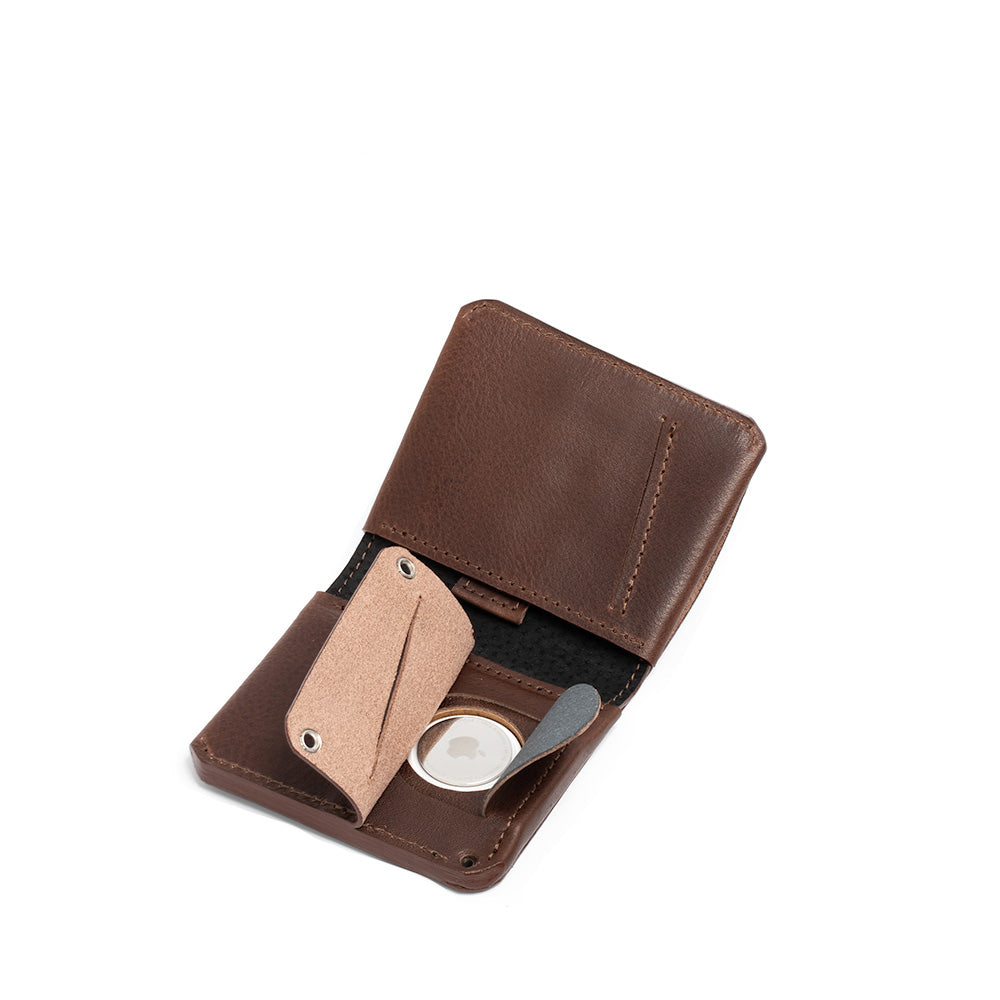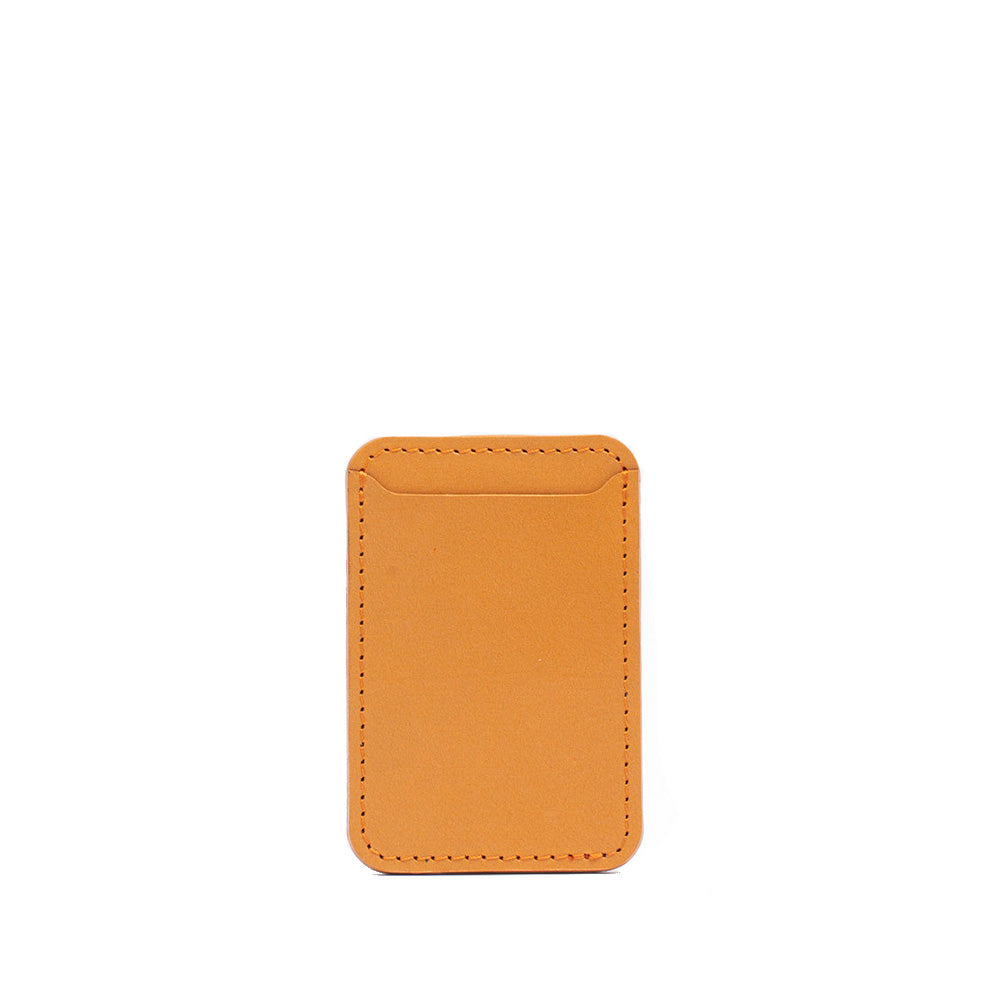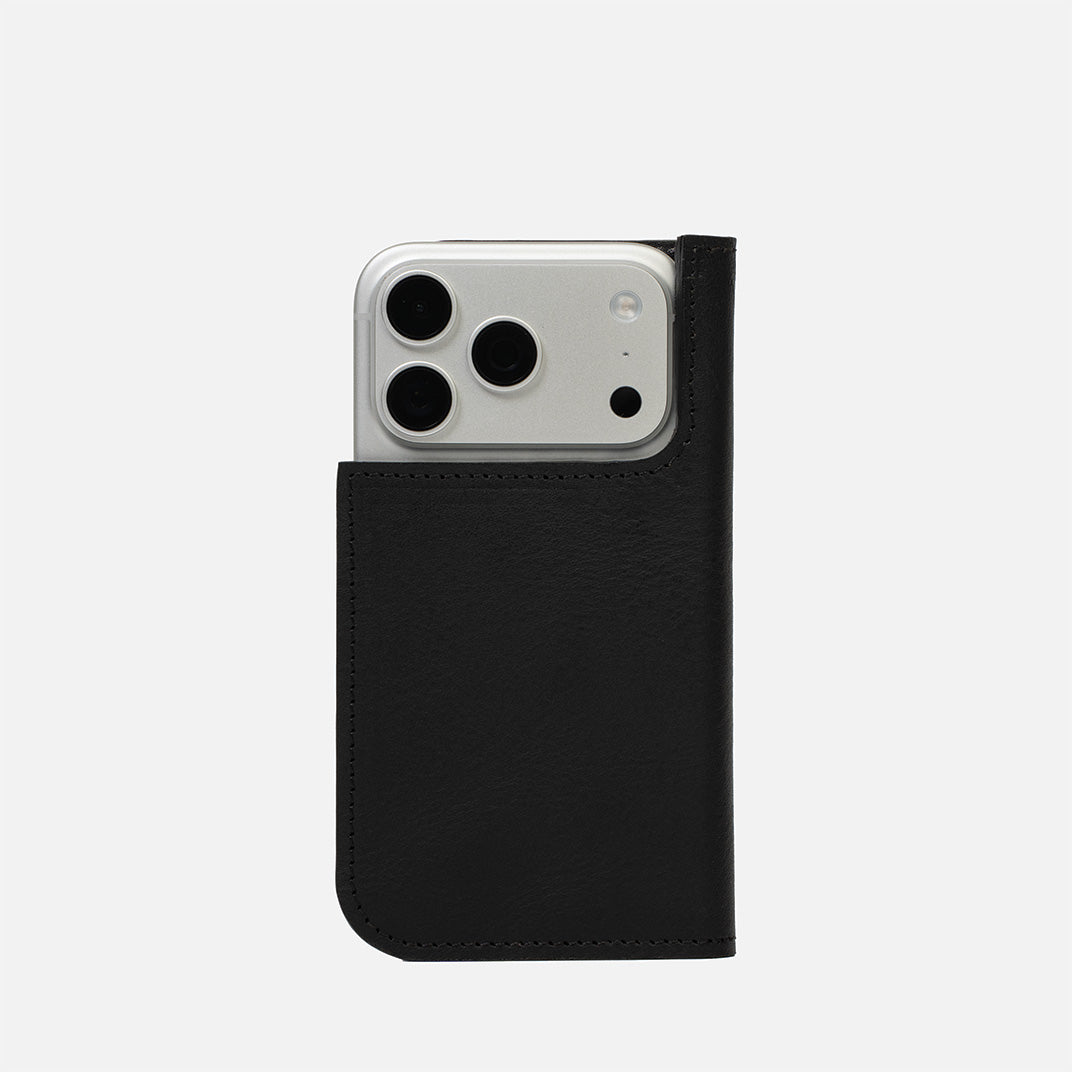Capturing the best quality pictures with your iPhone requires more than just pointing and shooting. By understanding and optimizing your iPhone camera settings, you can elevate your photography to the next level. This guide will walk you through various settings and techniques to help you achieve stunning results.
Formats: High Efficiency vs. Most Compatible
When it comes to image formats, your iPhone offers two options: High Efficiency (HEIC) and Most Compatible (JPEG). HEIC offers better compression and retains more detail, making it a great choice for preserving image quality while saving storage space. Most Compatible saves images in the widely compatible JPEG format, which might be suitable for sharing without much editing.

Learn about Converting HEIF/HEVC and JPEG to Other Formats
Apple ProRAW: ProRaw Resolution
If your iPhone supports ProRAW, this feature provides you with uncompressed, high-quality RAW image files. ProRAW allows for more advanced editing while retaining maximum image data. Be aware that ProRAW images are larger in size compared to standard photos, so ensure you have sufficient storage space.
You can capture Apple ProRAW images at two resolutions: 12 megapixels or 48 megapixels. 48 MP images retain more detail in your image file. This lets you zoom in and have more creative control when cropping. 12 MP images result in a smaller file size.
Apple ProRes: Video Resolution and Compression
Apple ProRes is a video codec that offers high-quality video compression. If you're shooting videos that require extensive editing or professional-level quality, consider using ProRes. Keep in mind that ProRes files are larger, so be mindful of your available storage.
Record Video: Resolution and FPS
For capturing videos, ensure you select the appropriate resolution and frames per second (FPS). Higher resolutions (such as 4K) provide more detail, but also demand more storage space. Choose the FPS based on the motion you're capturing – standard 24fps for a cinematic look, 30fps for regular video, and 60fps for smoother motion.
Enhanced Stabilization
Utilize the built-in stabilization features to capture smoother videos. The OIS (Optical Image Stabilization) and EIS (Electronic Image Stabilization) technologies work together to reduce camera shake. This is especially useful when shooting handheld or in less stable conditions.

Action Mode in Lower Light
Action mode is designed for capturing moving subjects in lower light conditions. It adjusts the shutter speed and ISO settings to freeze motion and minimize blur. This is ideal for situations where you need to capture fast-moving subjects in challenging lighting.

HDR Video
HDR (High Dynamic Range) video combines multiple exposures to capture a wider range of tones and details. Enable HDR when capturing scenes with extreme contrasts, such as bright skies and shaded landscapes, for more balanced and visually appealing videos.

Auto FPS
Enabling Auto FPS allows your iPhone to automatically adjust the frames per second based on the lighting conditions. In well-lit environments, it might use a higher FPS, while in low light, it might switch to a lower FPS to capture more light and reduce noise.

Record Slo-Mo
Slo-Mo mode records videos at a higher frame rate and then plays them back at a standard frame rate, creating a slow-motion effect. Experiment with different slo-mo speeds to achieve creative and dramatic results.

Record Cinematic
Cinematic mode (available on select iPhone models) creates a shallow depth of field, blurring the background and emphasizing the subject – similar to the bokeh effect in portrait photography. This feature is fantastic for adding a professional touch to your videos.

Record Stereo Sound
Most iPhones record stereo sound, capturing audio from multiple directions. Ensure the sound source you want to capture is within the frame, and be mindful of background noise.





